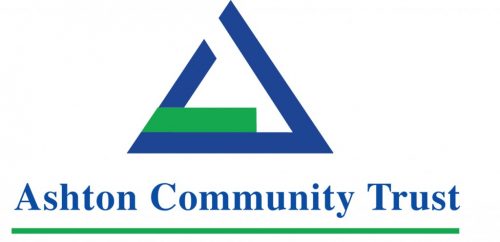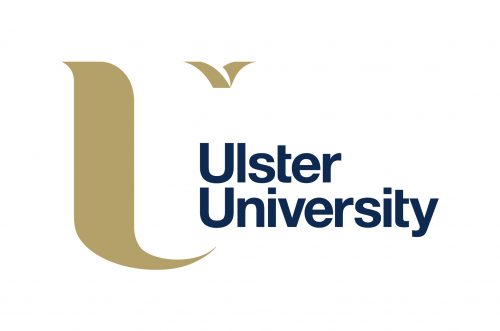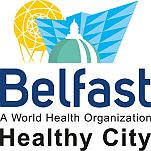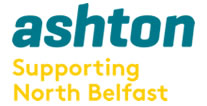
Ashton Community Trust in partnership with Lighthouse are launching the start of a collaborative solution focused process today aimed at shining a light on significant health and life inequalities affecting North Belfast.
The Appreciative Inquiry into Health and Wellbeing in North Belfast will launch today (Tuesday September 4) in the Belfast Campus and is being supported by Ulster University, Belfast Health & Social Care Trust, Public Health Agency and Belfast Healthy Cities.
Statistics on poor mental health, multiple deprivation, poverty, employment, anti-social behaviour, education, skills and training all show a clear need for intervention say the organisers.
An Appreciative Inquiry is a ‘research action’ approach that offers a powerful contribution towards meeting the appetite for real change.
It has significant potential to enable a whole systems approach towards North Belfast and its many layers of health and life inequalities said Richard O’Rawe, chairperson of Ashton Community Trust.
“We are keen to work with our community, health and academic partners because it is clear that change is required,” Richard explained.
“The statistics we are highlighting show, in very stark terms, what difficulties we have in this part of Belfast. They aren’t unique to North Belfast but they are a call to action for concerned leaders in this community who want to make health and life inequalities a key item on the agenda.
Jo Murphy, co-founder of Lighthouse, spoke of her North Belfast roots and pride.
“I am from North Belfast and proud to both live and work in it. I am well aware how complex it is with its interfaces and how it has been impacted by the conflict and the range of health and well-being inequalities, but the greatest gift about this area is the people who live in it. We need to go back to basics in building our communities and seeing that the people who live in them are our greatest asset in bringing about change.”
Irene Sherry, Ashton’s Head of Victims and Mental Health Services said she hoped that by working in partnership with others, creative solutions could be found.
“There is no doubt that North Belfast has been disadvantaged and under-invested over the years but we can’t keep on talking round and round in circles. I would love for people to feel energised about this appreciative inquiry process. Together we can create solutions that have the capacity to be sustainable, and really make a positive difference to people’s lives.”
Ulster University is co-hosting the Appreciative Inquiry. Siobhan O’Neill, professor of mental health sciences, was part of a team which examined the trans-generational impact of the Troubles on mental health in Northern Ireland for the Commission for Victims and Survivors.
“The number one issue affecting this area of Northern Ireland is deprivation and inequality. This is borne out in the high rates of mental illness and suicide here,” Siobhan said.
“My research has shown how the legacy of the Troubles and the hopelessness that accompanies the poverty trap has resulted in substance abuse, mental illness and suicidal behaviour. We are committed to working with those with lived experience to share what we have learnt and create meaningful impact. This appreciative inquiry gives us a unique opportunity to do this. My wish is that this inquiry will harness the energy and experience of all those involved, so that we can change how we work and develop projects to change the lives of the people we serve.”
ENDS
Media Enquiries Contact: Irene Sherry, Ashton Community Trust on 028 9032 2289.
The Appreciative Inquiry process is a partnership between Ashton Community Trust and Lighthouse. Ulster University are co-hosting. It is also supported by Belfast Healthy Cities, Public Health Agency and Belfast Health & Social Care Trust.
Partners & Co-host:



Supported by:



